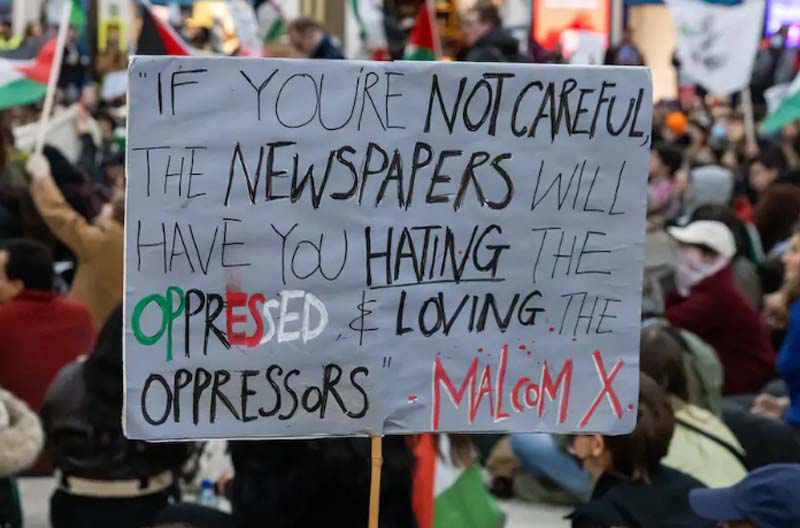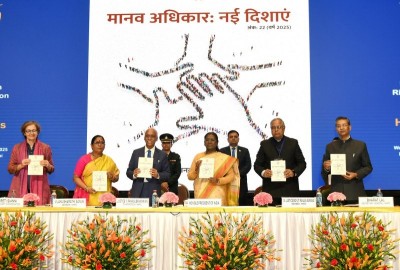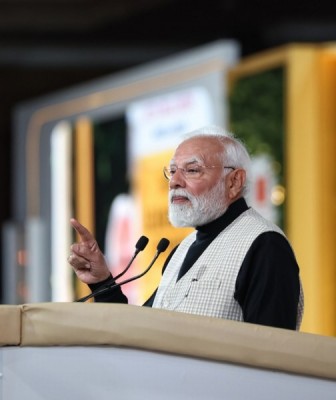 Western Media
Western Media
Double standards: Unmasking western media’s bias against India
The recent slew of reports by American media outlets, notably the Washington Post and The Guardian, concerning alleged actions of the Indian government, has underscored a troubling trend in international journalism. With an “exclusive” report on an assassination plot on American soil purportedly linked to India during its national elections, questions arise not just about the timing of such revelations but also about the inherent biases they may reflect.
This instance is not isolated. Various Western media have routinely spotlighted negative narratives surrounding Narendra Modi’s government, often ignoring broader contexts or countering facts. For example, when Modi visited Washington DC, instead of diplomatic niceties, he was met with headlines pushing democracy concerns to the background. Such asymmetrical scrutiny starkly contrasts the treatment of Western actions under similar circumstances.
Take the drone operations authorized by former President Barack Obama, who, despite significantly ramping up extraterritorial strikes—including those resulting in civilian casualties—continued to be celebrated in the West. His administration’s actions in Pakistan, which reportedly had a high civilian toll, received little of the critical attention afforded to Indian politics. This imbalance extends beyond military actions to political responses to internal dissent and protests, with Western governments often employing harsh measures they would criticize in others.
Moreover, the portrayal of controversial figures and movements, such as those associated with Khalistan in India, differs markedly in Western media, which tends to sanitize and sometimes valorize those it classifies as activists, despite their violent threats and actions. This portrayal starkly differs when it comes to figures like Osama bin Laden or Ayman al-Zawahiri, who are unequivocally categorized as terrorists.
The implications of this biased reporting are profound, affecting not only international relations but also internal political dynamics in countries like India, where such reports could influence electoral outcomes. This pattern suggests not an isolated incident of biased reporting but a systemic issue within Western media—a tendency to apply double standards based on ideological leanings or geopolitical interests.
It is imperative, then, to call for a recalibration of this narrative imbalance. The media, hailed as the fourth pillar of democracy, must uphold its duty to report with fairness and integrity, regardless of the geopolitical leanings of its country. As the world becomes increasingly multipolar, the role of an unbiased, fair journalistic practice becomes crucial in maintaining global stability and fostering mutual respect among nations.
The West, particularly the United States, would benefit from recognizing India not just as a strategic ally but as a key player in a liberal, democratic global order that genuinely respects and upholds the rule of law and human rights universally—not selectively. Only through such a balanced approach can we hope to address the real challenges facing our world, from terrorism to authoritarianism, without losing credibility and moral authority on the global stage.
(Photo and text courtesy: Khalsavox.com)
Support Our Journalism
We cannot do without you.. your contribution supports unbiased journalism
IBNS is not driven by any ism- not wokeism, not racism, not skewed secularism, not hyper right-wing or left liberal ideals, nor by any hardline religious beliefs or hyper nationalism. We want to serve you good old objective news, as they are. We do not judge or preach. We let people decide for themselves. We only try to present factual and well-sourced news.







